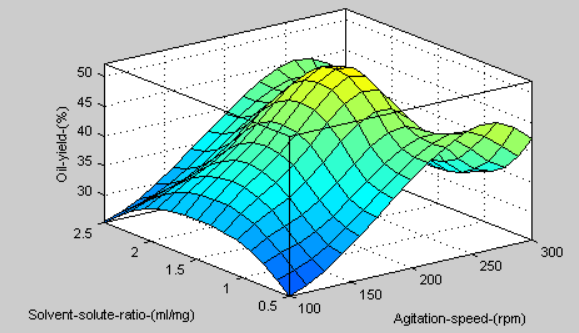Soft computing optimization of vegetable oil extraction
Keywords:
Artificial neural networks, adaptive neuro fuzzy inference systems, gmelina seed oil, extraction, optimizationAbstract
The introduction of machine learning in prediction of yield for bioprocessing is stimulating the wide usage of the first-generation biomass (vegetable oil) especially in production of biodiesel and biolubricant. This study focused on soft computing optimization of gmelina seed oil extraction using ANN and ANFIS. The results showed that ANN is better tool for prediction of oil yield with highest coefficient of determination of 0.998 and minimum error of 0.241. The optimal GSO yield of 50.4% was obtained when these factors were adjusted to 1.5mL/mg, 45minutes, 50oC, 0.55mm, and 200rpm. This provides a crucial step towards developing a sustainable and renewable energy source, which has the potential to positively impact both the environment and local communities.


